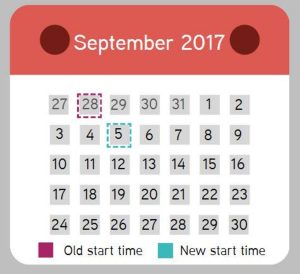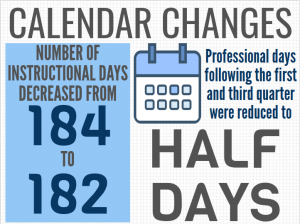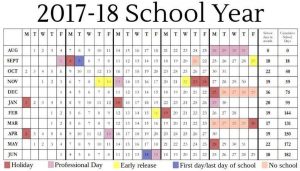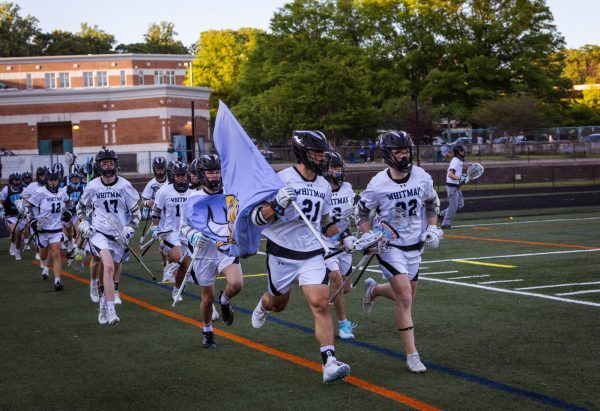Hogan orders MCPS schools to start after Labor Day
September 4, 2016

Governor Larry Hogan signed an executive order requiring Maryland public schools to begin after Labor Day and end by June 15 starting next school year.
“School after Labor Day is now the law of the land in Maryland,” Hogan announced with Comptroller Peter Franchot at the Wednesday news conference.
Hogan explained that delaying the start of the school year would lead to an extended summer, acting as a boon for the tourism industry, while also giving families more time together. Furthermore, he emphasized that the change would keep students in the Baltimore region out of classrooms with no air conditioning.
A 2013 study by Maryland’s Bureau of Revenue also estimated that starting school after Labor Day could generate an additional $74.3 million for the economy, including money for new wages and local tax revenue. According to 2014 and 2015 polls by Goucher College, more than 70 percent of Maryland residents support a post-Labor Day school start.
“Hogan’s order would allow students more time towards summer interests like internships or jobs, which is a positive,” sophomore Ivy Xun said.
Maryland schools will have to find a way to add five to 10 more school days between Labor Day and June 15 to meet the required 180 days of instruction. Hogan’s supporters have suggested alternatives to shortening spring break, such as cutting professional days and parent-teacher conferences or eliminating designated union service days for teachers.
However, members of local school boards are questioning the feasibility of the order.
“Education, unlike any other entity, has minimal time for the training of staff. To just expect teachers to go from day one to day 180 without any other involvement is unrealistic,” MCPS BOE president Michael Durso said. “I don’t think the order is as well thought-out as the governor and Mr. Franchot have led the public to believe.”
Educational policies have typically been a local decision in the past, but the order counters this trend. However, districts can choose to apply to the State Board of Education for a waiver that exempts them from the requirements.
The MCPS Board of Education believes that decisions on educational policies should remain local and is strongly opposed to the order.
“Determining the school calendar is complicated and requires balancing educational requirements, operational issues, and unique community needs all in the interest of students,” Durso wrote in the BOE blog. “As a key stakeholder and the largest school district in the state, we are disappointed that the Governor and Comptroller did not include us in their dialogue on this issue.”
Students and teachers have mixed opinions on Hogan’s order.
“It will be great for me as a rising senior; however, we will probably have shorter breaks during the school year,” junior Isabella Lorence said.
Teachers have expressed their concerns on having less time to prepare before AP week and the effect of extending summer and compressing the school year on quality of education.
“In a state like Maryland where education is the top priority, the governor should be considering the effect of his policy on education, not the economy,” French teacher Michele Beach said.
The legality of the executive order also lies in a gray area. Executive orders apply to agencies, so the order is only legally sound assuming local school boards are units of state government.
“Unfortunately, many things are still up in the air, including the legality of the Executive Order,” BOE Legislative Aide Patricia Swanson said. “MCPS and the Board will remain committed to keeping our students and families updated as to the potential effects this will have on the calendar.”












